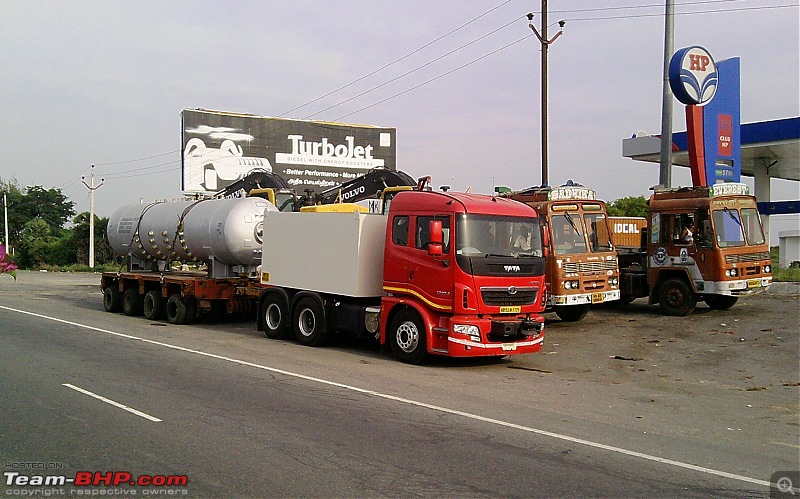| | #136 |
| BHPian | |
| |
| |
| | #137 |
| BHPian | |
| |
| | #138 |
| Senior - BHPian Join Date: Nov 2009 Location: Bhubaneswar
Posts: 1,762
Thanked: 539 Times
| |
| |
| | #139 |
| Senior - BHPian Join Date: Jan 2010 Location: Electri-City
Posts: 2,361
Thanked: 2,223 Times
| |
| |
| | #140 |
| Senior - BHPian Join Date: Nov 2009 Location: Bhubaneswar
Posts: 1,762
Thanked: 539 Times
| |
| |
| | #141 |
| Senior - BHPian Join Date: Sep 2006 Location: zxc
Posts: 3,395
Thanked: 727 Times
| |
| |
| | #142 |
| Senior - BHPian Join Date: Dec 2009 Location: Bangalore
Posts: 3,468
Thanked: 4,149 Times
| |
| |
| | #143 |
| BHPian | |
| |
| | #144 |
| Senior - BHPian Join Date: Nov 2009 Location: Bhubaneswar
Posts: 1,762
Thanked: 539 Times
| |
| |
| | #145 |
| BHPian | |
| |
| | #146 |
| Senior - BHPian Join Date: Nov 2009 Location: Bhubaneswar
Posts: 1,762
Thanked: 539 Times
| |
| |
| |
| | #147 |
| BHPian | |
| |
| | #148 |
| Senior - BHPian Join Date: Nov 2009 Location: Bhubaneswar
Posts: 1,762
Thanked: 539 Times
| |
| |
| | #149 |
| Senior - BHPian | |
| |
| | #150 |
| BHPian Join Date: Apr 2012 Location: MH 04 / GJ 01
Posts: 114
Thanked: 77 Times
| |
| |
 |








